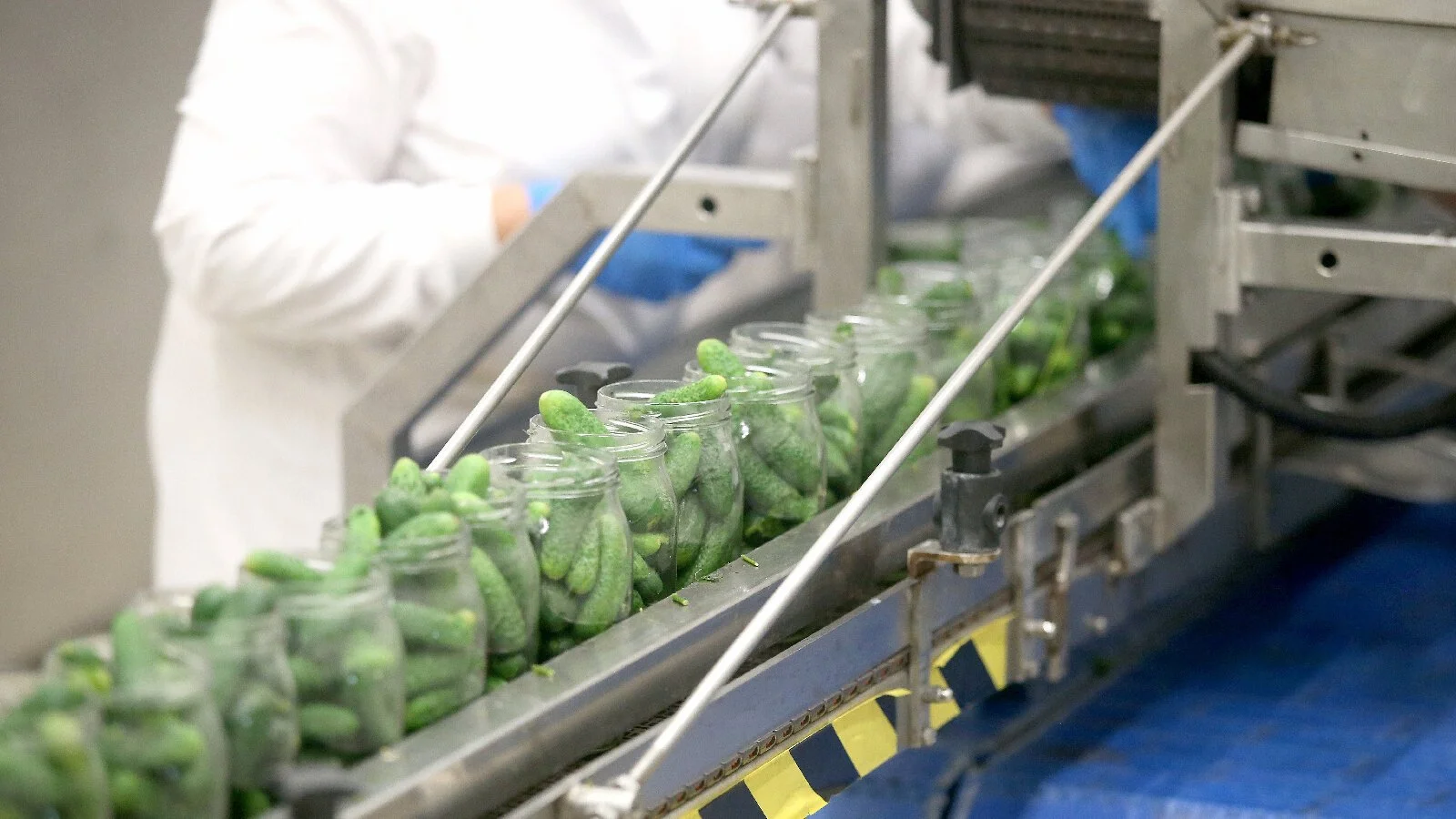Savour the Tech Revolution with Food Processing and Technology

If I ask you to picture a world where technology not only ensures the safety and quality of our daily sustenance but also fuels the creation of culinary marvels. Now imagine the satisfaction of preventing foodborne illnesses, enhancing nutritional value, and extending the shelf life of products and living a healthy, successful life; how wonderful that would be.
In the ever-evolving landscape of the food industry, where technology plays a pivotal role in ensuring the safety, quality, and innovation of food products, pursuing a BSc in Food Processing and Technology emerges as a strategic and rewarding decision
The food industry, accounting for a substantial portion of manufacturing GDP and exports, is experiencing a surge in demand for trained professionals. Graduates in Food Processing and Biotechnology are highly sought after in both government and private sectors.
The course opens doors to diverse career paths, providing opportunities in hospitals, restaurants, food processing companies, and more. Does the food processing and technology course grabs your attention? Do you wish to know more about it? Let’s begin with its introduction!
Introduction to BSc Food Processing Technology
A Bachelor of Science in Food Processing Technology is a three-year, job-oriented undergraduate programme designed to equip students with a comprehensive understanding of the scientific principles governing food processing. This interdisciplinary specialisation integrates elements from Engineering, Analytical Chemistry, and Biotechnology, providing a holistic approach to the selection, preservation, processing, packaging, distribution, and utilisation of safe, nutritious, and wholesome food.
Benefits of Food Processing Technology
The revolution brought by food processing technology provides ample benefits to society. The Benefits of Food Processing Technology are:
-
Ensuring Food Safety and Security
Food processing technology plays a crucial role in guaranteeing the safety and security of our food supply chain. It transforms raw ingredients into products that meet stringent quality standards by employing physical, chemical, and microbiological methods.
-
Improving Food Quality and Nutritional Value
One of the key advantages of food processing is its ability to enhance the quality and nutritional value of food products. Through carefully controlled processes, raw materials are transformed into marketable products with improved taste, texture, and nutritional content.
-
Preventing Foodborne Illnesses and Contamination
The course emphasises techniques to prevent foodborne illnesses and contamination. Graduates are equipped with the knowledge to reduce plant and crop diseases, ensuring a healthier food supply.
-
Extending Shelf Life and Reducing Food Waste
Food processing technologies, such as microorganism control, low-temperature storage, dehydration, and oxygen removal, extend the products’ shelf life, thus minimising food waste.
BSc Food Processing Technology Job Opportunities
Upon completing the programme, the graduates can explore a plethora of Food Processing and Technology job opportunities, including:
-
Food Technologist
Food technologists analyse and develop food products, ensuring they meet quality standards and regulatory requirements.
-
Organic Chemist
Organic chemists in the food industry focus on the chemical composition of food, working to improve processes and develop new products.
-
Technical Brewer
Technical brewers oversee the brewing process in beverage production, combining scientific knowledge with practical skills to create high-quality beverages.
-
Production Manager
Production managers in food processing supervise the manufacturing process, coordinating resources and ensuring efficiency to meet production goals and quality standards.
The demand for food technology professionals is growing, offering job security and lucrative career opportunities. Graduates can find employment in various sectors, such as food industries, agricultural and allied industries, hotels, restaurants, research and development, government sectors, and more.
Join a Culinary Revolution with a B.Sc. (Hons.) Food Processing and Technology at M.S. Ramaiah University of Applied Sciences
M.S. Ramaiah University of Applied Sciences (MSRUAS) is an acclaimed university that believes in the profound interconnectedness of education, industry, and society.RUAS emphasises that these elements can, and should, shape one another. This fundamental principle guides the design of all its programmes and courses.
B.Sc. (Hons.) Food Processing and Technology offered by RUAS is a unique programme that establishes a strong foundation for the student in research, managerial, and leadership roles within the growing Indian food industry. Distinguished by its innovative approach, the program provides hands-on experience in the areas of food science, nutrition, food engineering, microbiology, chemistry, and quality control. It also equips the student with multidisciplinary skills and knowledge to meet the challenges of the food processing sector and create avenues for entrepreneurship.
Harvesting Tomorrow’s Flavors
Pursuing a BSc in Food Processing and Technology is not just an educational decision; it’s a strategic investment in a career that addresses critical issues in the food industry. From ensuring food safety to reducing waste and contributing to economic growth, this course equips students with the skills and knowledge needed to thrive in a dynamic and vital sector. As the demand for trained professionals continues to rise, embarking on this educational journey is undoubtedly a step towards a fulfilling and impactful career.
